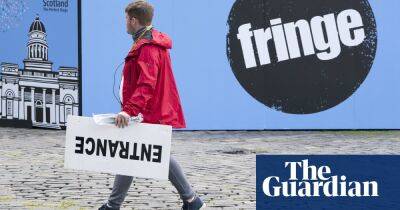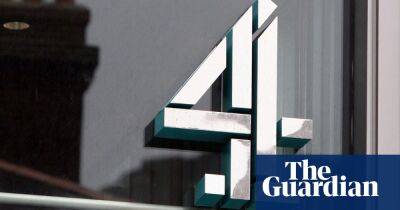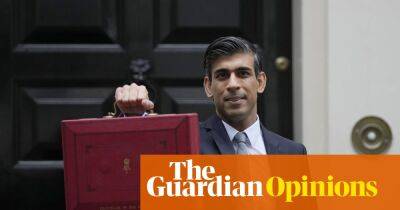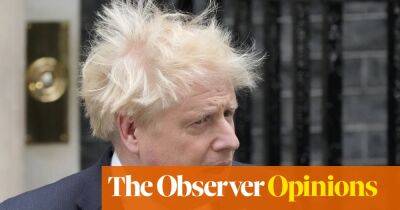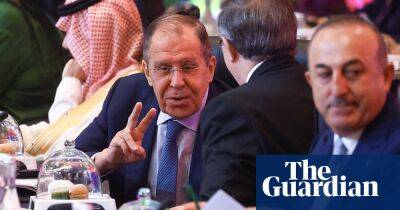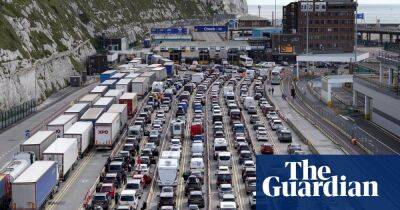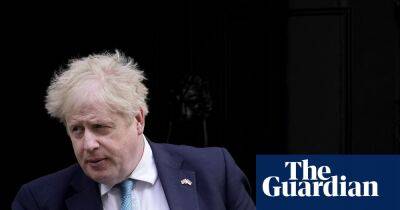Tory turmoil keeps Bank of England in the dark on tackling crisis
Officials at the Bank of England will be watching the progress of the race to replace Boris Johnson as Tory leader and prime minister with rapt attention.
In normal times, central banks are supposed to pay little regard to the political gyrations that keep politicians occupied in Westminster’s tea rooms and bars. These are not normal times. Inflation has hit 9.1% and Bank staff are under pressure to push up interest rates to squeeze the economy and with it the inflationary pressures driving prices higher.
Before last week’s political drama unfolded, Johnson and his now-former chancellor Rishi Sunak had been scheduled to hold a press conference this week spelling out how the government’s tax and spending policies would develop over the next six months.
In his resignation speech on Tuesday night, Sunak said he had been unable to agree a path forward with Johnson, who wanted to announce bigger spending on defence and welfare. Sunak could not support this if it was not funded by tax rises. It is understood that Johnson wanted to marry his extra spending with tax cuts, increasing the amount of money that would be pumped into the economy.
Sunak argued with No 10 that economics at the moment was a zero-sum game. Any increases in spending would be deemed by the Bank as inflationary, spurring Threadneedle Street to increase borrowing costs even further than previously estimated.
Now that same debate will be played out, not between foes in No 10 and No 11 Downing Street, but between rival candidates in an election campaign to succeed Johnson.
Last week, the Bank’s chief economist, Huw Pill, said a change of policy meant it had ditched its adherence to a policy of “further tightening”, under which the Bank would increase the cost of
Read more on theguardian.com









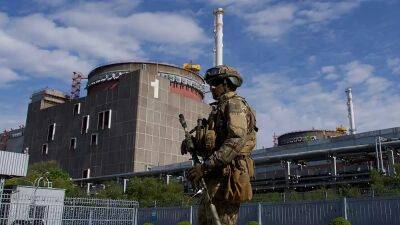

![Can Avalanche [AVAX] buyers capitalize on this volatile bullish move - ambcrypto.com](https://finance-news.co/storage/thumbs_400/img/2022/8/7/36280_ogs5.jpg)

